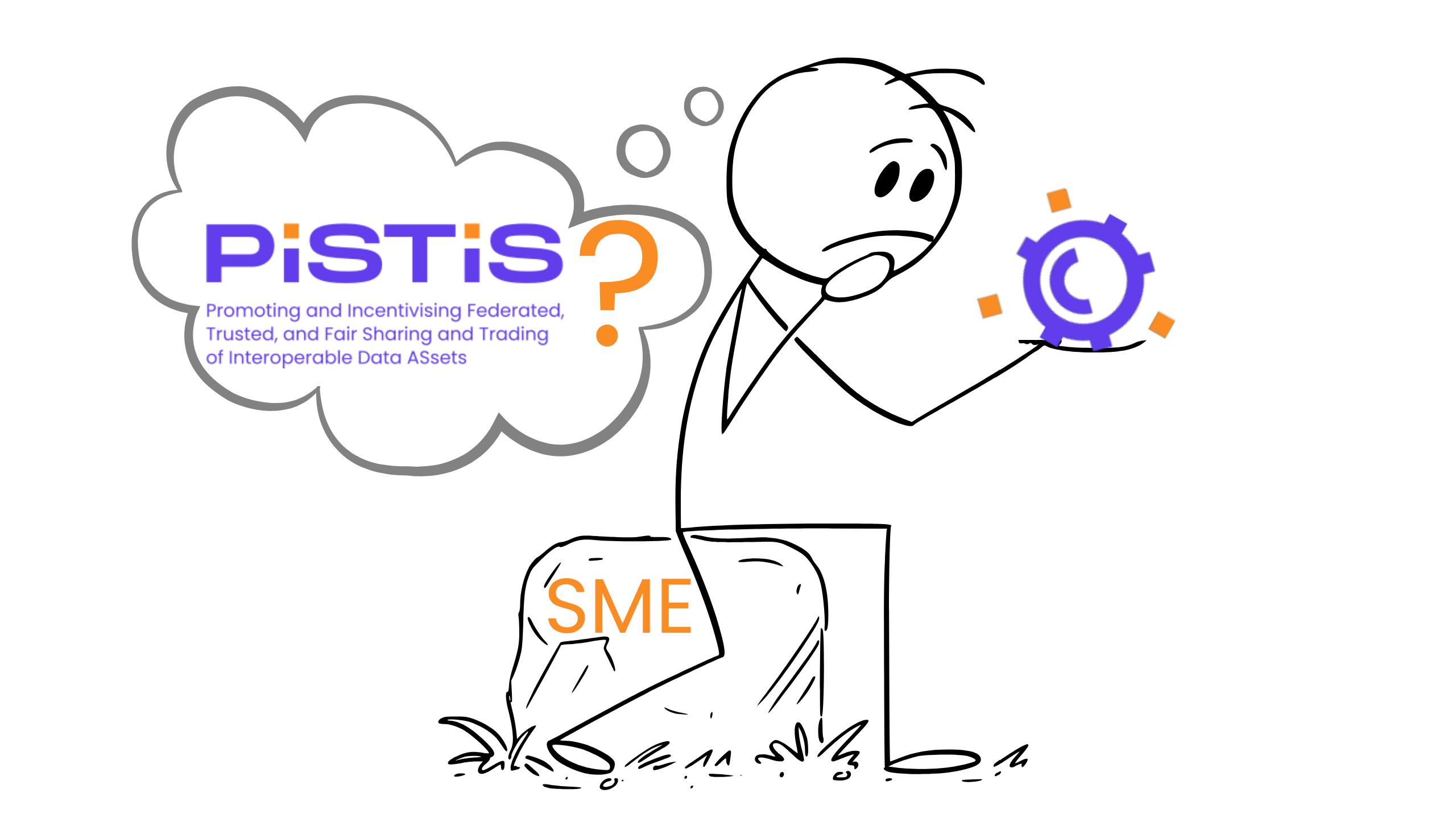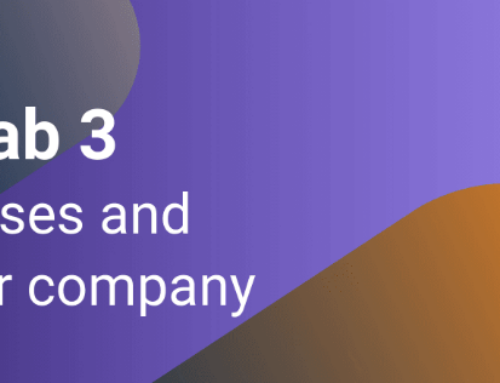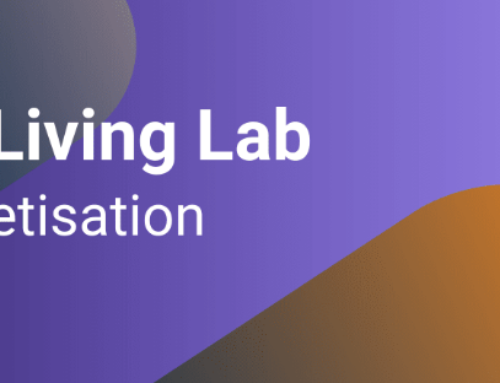Is data the new oil?
The phrase “data is the new oil” has been floating around for a few years, but it fails to capture the true potential of data to spark innovation. Comparing data to oil suggests that traditional business models and techniques are sufficient to exploit the innovative potential of data, but this risks restricting the benefits to those who already have the infrastructure and technology in place.
Data is a non-rivalrous, non-fungible asset, unlike oil, and therefore we need to ensure that a new understanding is built so that all companies can benefit from the vast amounts of data generated daily. The same piece of data can be used by multiple companies and therefore we need to ensure a more open ecosystem for better exploitation.
The real Data Economy
Rather than data being exploitable only by the companies that generate it, or by companies who are able to connect their data pipelines to multiple, asynchronous marketplaces, Europe needs to develop tools to allow for better trading and adoption of data. The European Union’s Data Act has set out provisions to enable this, and accompanied by the Data Governance Act, companies should now be able to have greater access to data at fairer prices. Although a good start, alone this is not sufficient for SMEs to truly be able to benefit from Europe’s data economy.
What more needs to be done for SMEs?
SMEs currently face several challenges when it comes to accessing and exploiting data. The first remains the lack of awareness and education about the benefits of data; given the unique characteristics of data (it’s not a commodity, not an asset, benefits can only be seen over several years) it can be difficult for SMEs to truly realise the value they can derive from trading data, unlike more traditional assets. Secondly, acquiring the skills to exploit data requires investment and training, that not all companies are able to afford. Connected to this are the costs associated with accessing data – often datasets are unstructured, unformatted and require time and effort to harmonise with a company’s software so that they can become useable. This is one of the challenges that PISTIS is hoping to remedy; alongside the challenges of securing the privacy and quality of the data that is contained with the dataset, which SMEs also struggle with.
What are the benefits?
Considering the above challenges, many SMEs arrive at the conclusion that it is not worth their time to incorporate data analysis and data trading into their business plans (or even create a new business plan for data exploitation). This would lead to several missed-up opportunities, such as new revenue streams, greater efficiency, higher quality of outputs and new opportunities of innovation.
Data exploitation can enhance revenue streams for SMEs, both internally and externally. Internally, data can allow for greater efficiency, improved process and more informed decision making. Externally, through connecting to data marketplaces and trading data, companies can generate new revenue streams based on the data create and own.
Data insights can also lead to new business models and products, such as using data to offer predictive maintenance services rather than scheduling after an incident has occurred.
As access to data and data trading technologies improve, the value that can be unlocked by data will also increase. By adopting a data-driven mindset, European SMEs can benefit from this new wave of innovation and place themselves at the heart of Europe’s data economy!






